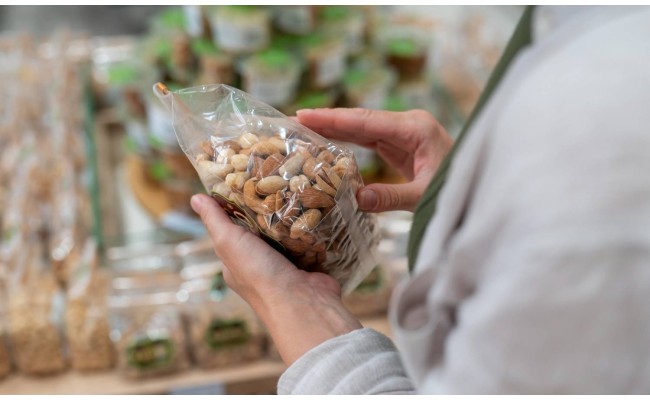- Call: +1 850 633 2663

In today’s environmentally conscious market, the sustainable design of flexible packaging has become paramount. Flexible packaging, renowned for its lightweight, versatility, and cost-effectiveness, plays a crucial role in various industries, from food and beverages to pharmaceuticals and personal care. However, its environmental footprint—stemming from material usage, production processes, and end-of-life disposal—necessitates innovative and strategic approaches to sustainability.
For advanced polymer formulators, designing sustainable flexible packaging involves selecting eco-friendly materials such as bio-based and recycled polymers, which reduce reliance on fossil fuels and enhance recyclability. Balancing performance with environmental impact requires a deep understanding of polymer chemistry and material properties to maintain barrier functions, durability, and functionality while minimizing ecological harm. Strategic design principles like lightweighting, simplifying material complexity, and enhancing recyclability are essential to reduce material consumption and facilitate easier recycling processes.
Moreover, integrating lifecycle assessment (LCA) and circular economy principles into packaging design enables formulators to evaluate and optimize the environmental impact from production to disposal. Embracing innovations such as biodegradable additives, smart packaging technologies, and advanced recycling methods further drives the sustainability agenda. By adopting these strategic approaches, polymer formulators can lead the transition towards more sustainable flexible packaging solutions, meeting regulatory requirements and consumer demands while fostering environmental stewardship and business resilience..
This isn’t just another training—it’s your chance to lead the packaging revolution. Learn how to create cutting-edge, eco-friendly flexible packaging that meets today’s demands and tomorrow’s challenges;
1. Master the Art of Eco-Friendly Materials: Dive into the coolest bio-based and recycled materials that are shaking up the packaging world. You’ll leave with ideas that make your packaging greener and your clients happier.
2. Make Packaging That Doesn’t Cost the Earth: Learn how to design packaging that fits into a circular economy—saving resources, cutting waste, and keeping your costs in check. It’s a win-win for your bottom line and the environment.
3. Pack Smarter, Not Heavier: Discover clever design tricks that make your packaging lighter, stronger, and more sustainable. You’ll be amazed at how small changes can make a huge impact.
4. Stay on Top of What’s Next: Get the inside scoop on the latest regulations and trends. You’ll walk away ready to create packaging that’s not just compliant but also ahead of the curve.
This training is ideal for polymer formulators, R&D chemists, professionals engaged in application development for new materials, particularly in the polymer industry. It will provide insights into innovative materials that offer opportunities for existing and new polymers. Attendees from the food packaging industry can benefit from staying up-to-date with new material developments, and equipment producers may find the training helpful in developing unique processing equipment for producing high barrier films.
5 reviews